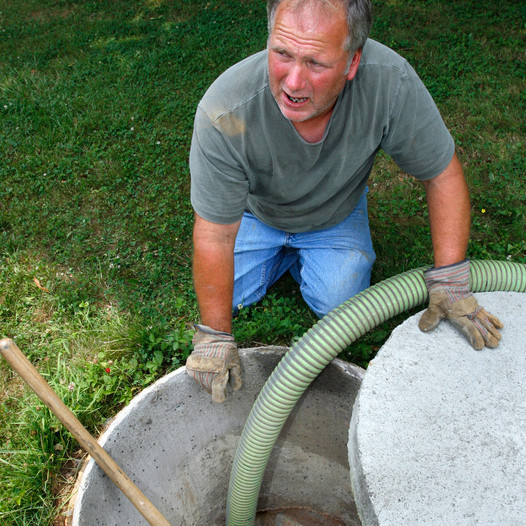A well-maintained septic tank is crucial for ensuring a healthy and functioning wastewater treatment system. However, over time, sludge and scum can build up in the tank, necessitating regular pumping to maintain its proper operation. Choosing the right septic tank pumping service is essential to ensure the safe and efficient removal of wastewater solids, preventing potential clogs, backups, and environmental hazards.
Understanding the Need for Septic Tank Pumping
Septic tanks are designed to handle wastewater from homes and businesses, breaking down solid waste and filtering out impurities. Over time, however, non-biodegradable materials and organic matter accumulate in the form of sludge and scum, reducing the tank’s efficiency and potentially causing problems.

SEPTIFIX will save you hundreds, if not thousands of dollars each year, because your septic system will run smoothly and you won’t have to worry about calling the pumpers or a plumber for a fix!
Click here to save up to 50%

SEPTIFIX will save you hundreds, if not thousands of dollars each year, because your septic system will run smoothly and you won’t have to worry about calling the pumpers or a plumber for a fix!
Click here to save up to 50%
Signs of Overfilled Septic Tanks
To determine if your septic tank requires pumping, observe for the following signs:
1. Slow-draining toilets, sinks, and showers:
When the tank is full, the wastewater has limited space to flow out, causing slow drainage.
2. Soggy or smelly areas around the septic tank:
As sludge builds up, it can seep from the tank, leading to wet or smelly patches around the area.
3. Poor water pressure:
If the wastewater system is struggling to maintain adequate pressure, it may indicate a clogged septic tank.
4. Backing up of sewage: In severe cases, a heavily filled septic tank may overflow, causing sewage backup into your home or onto the property.
Selecting a Reputable Septic Tank Pumping Service
When choosing a septic tank pumping service, prioritize those with experience, expertise, and a proven track record of delivering quality service. Here’s a step-by-step guide to selecting the best option:
1. Ask for Recommendations:
Consult your neighbors, friends, or local community forums for recommendations from people who have had their septic tanks pumped by reputable companies.
2. Check Online Reviews:
Utilize online review platforms like Google Business Profile, Angie’s List, and HomeAdvisor to gather insights into the services provided by different companies.
3. Check Licensing and Certifications:
Ensure the company holds the necessary licenses and certifications required to operate in your jurisdiction.
4. Get Written Estimates:
Request written estimates from multiple companies to compare pricing, services offered, and warranty terms.
5. Interview the Company:
Schedule consultations with the top-rated companies to ask questions about their experience, procedures, and customer service.

SEPTIFIX will save you hundreds, if not thousands of dollars each year, because your septic system will run smoothly and you won’t have to worry about calling the pumpers or a plumber for a fix!
Click here to save up to 50%
6. Check Insurance Coverage: Verify that the company carries adequate insurance to protect you in case of any damages or accidents during the pumping process.
7. Inquire about Pumping Frequency: Discuss the recommended frequency for septic tank pumping based on the size of your tank and the number of household members.
8. Check Customer Service: Evaluate the company’s customer service reputation and communication practices.
9. Check Online Presence: Review the company’s website, social media pages, and online presence to assess their professionalism and engagement.
10. Schedule the Pumping: Once you’ve made your selection, schedule the pumping service at a convenient time and communicate any specific requirements.
Additional Tips for Securing Quality Septic Tank Pumping Services
1. Avoid Emergency Services: While emergency services may be convenient, they often charge higher rates due to the urgency. Plan for routine pumping to avoid unexpected costs.
2. Ask about Pre-Pumping Inspections: Some companies offer pre-pumping inspections to identify any potential issues or problems with the septic system.
3. Request a Written Report: Upon completion of the pumping service, request a written report detailing the condition of the septic tank, the amount of sludge and scum removed, and any recommendations for future maintenance.
4. Maintain Regular Pumping: Follow the recommended pumping frequency to prevent the buildup of sludge and scum, ensuring the long-term health and efficiency of your septic system.



